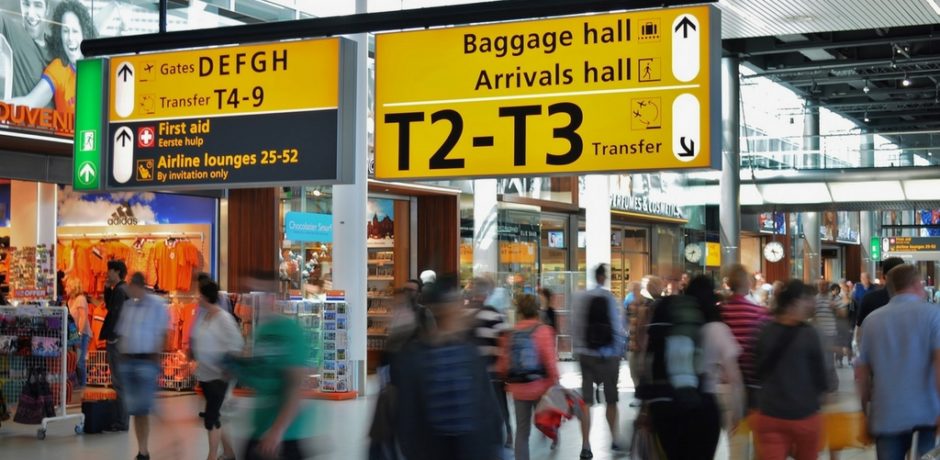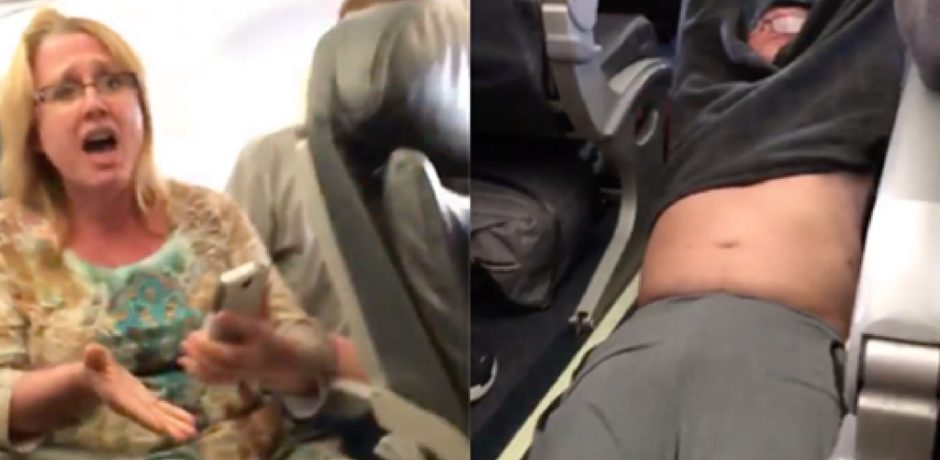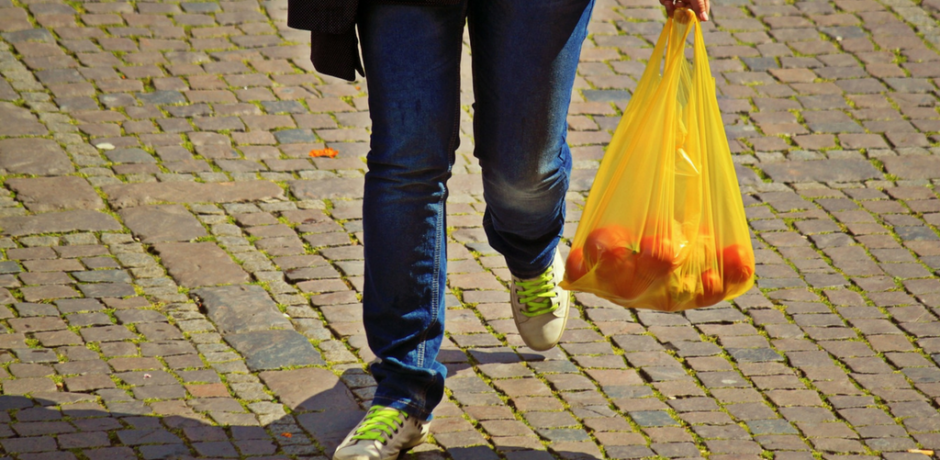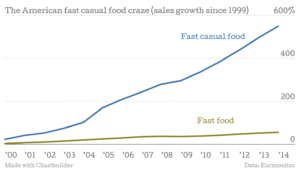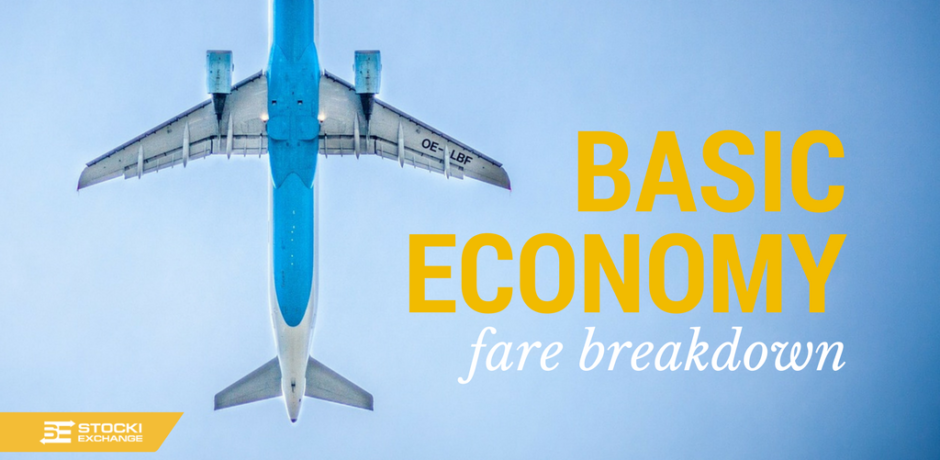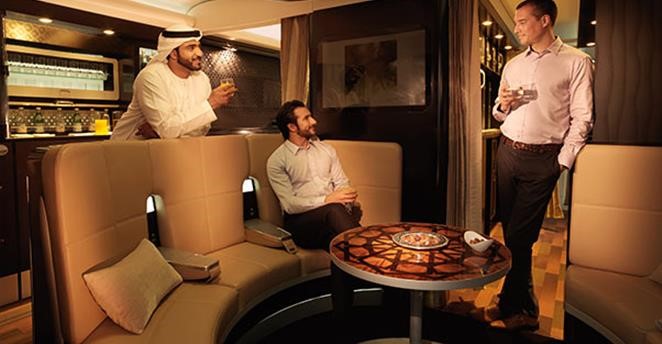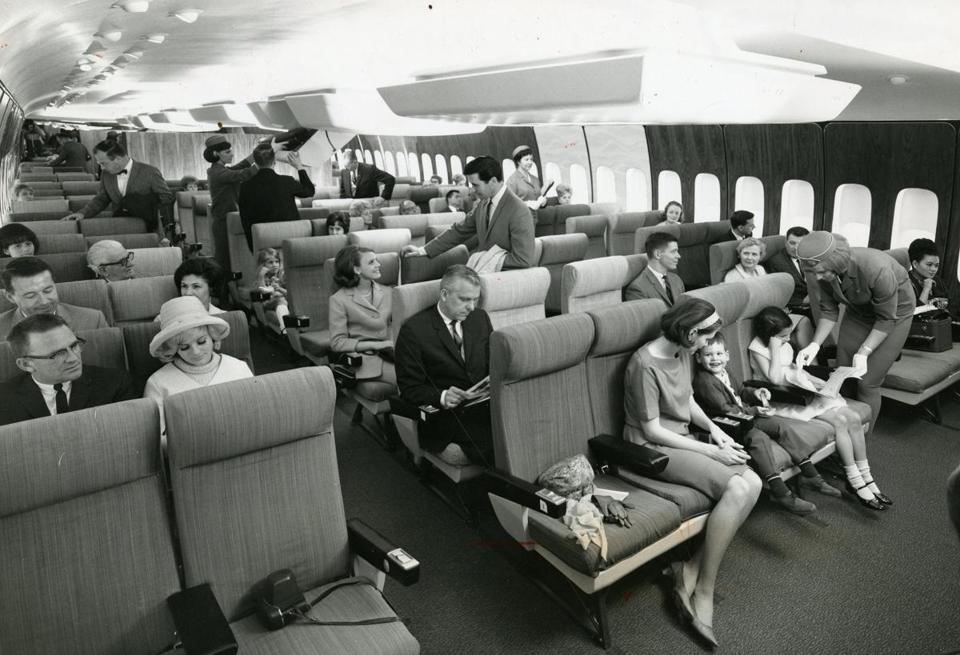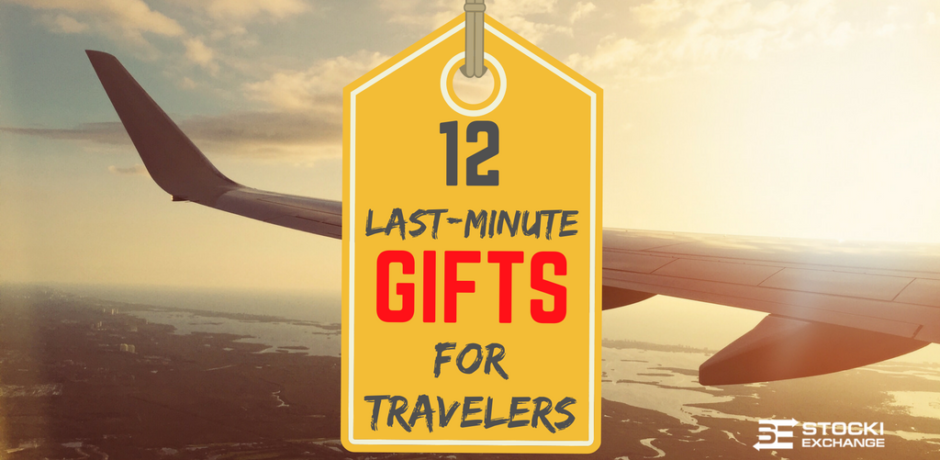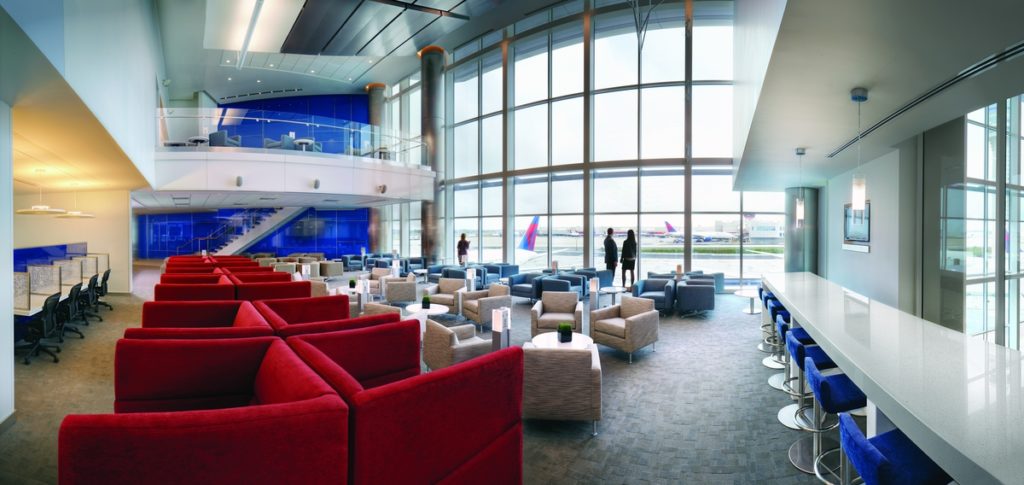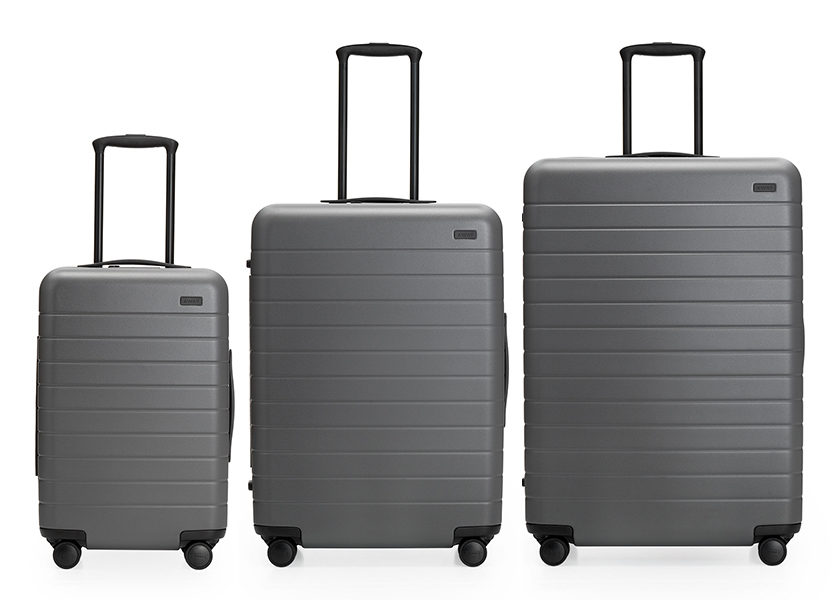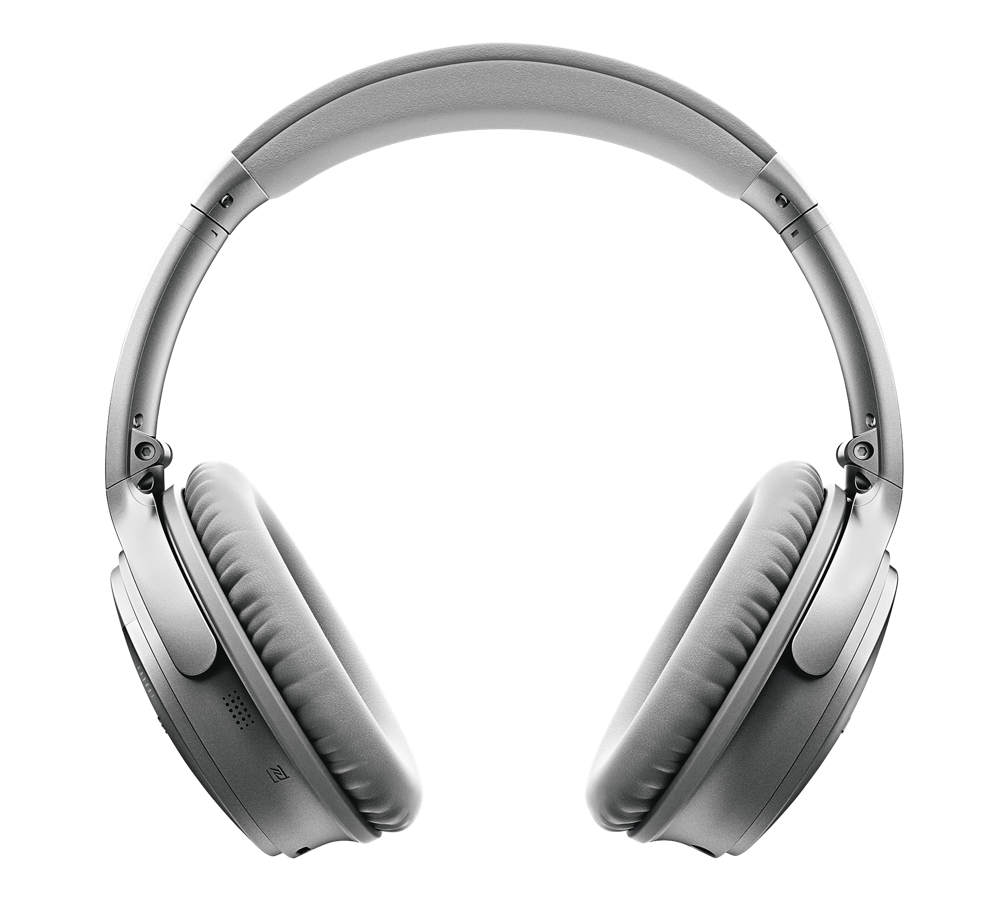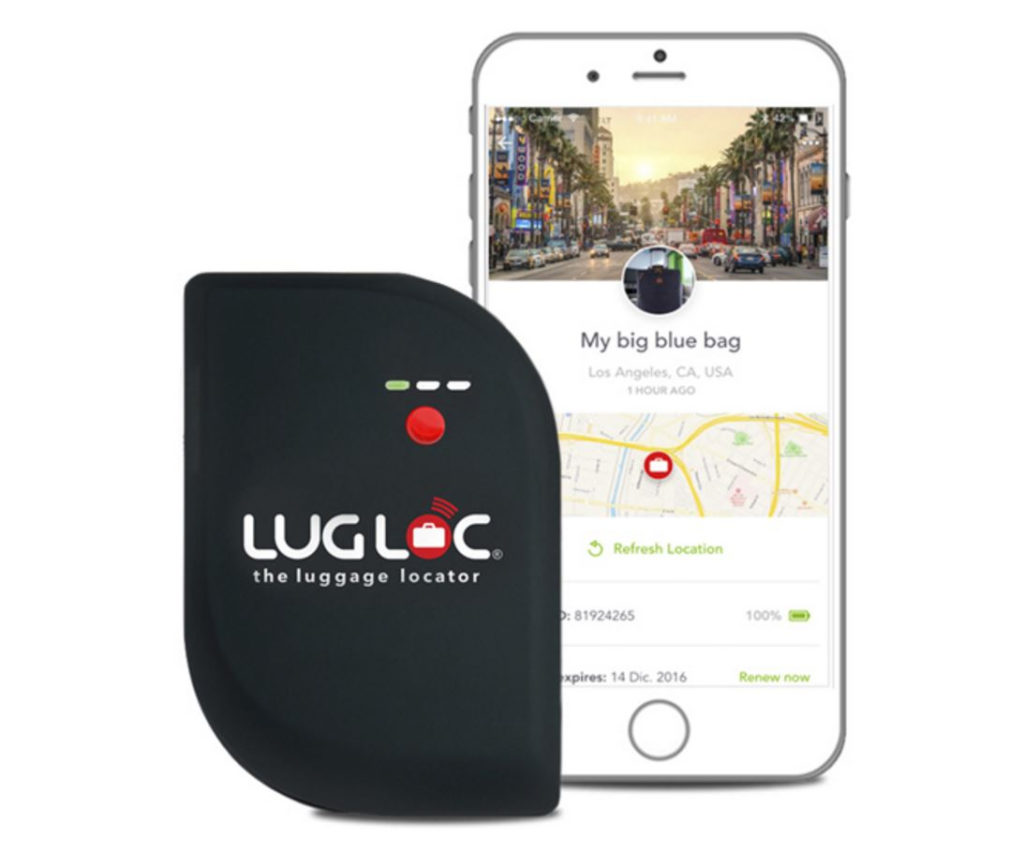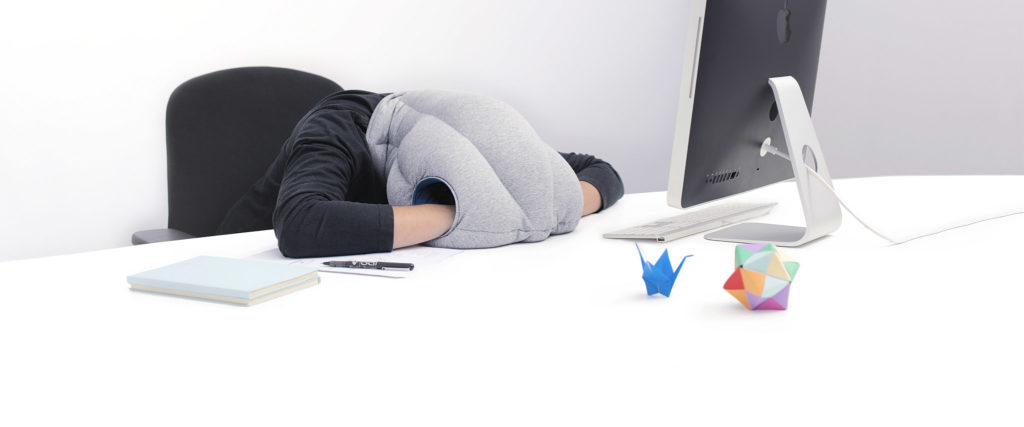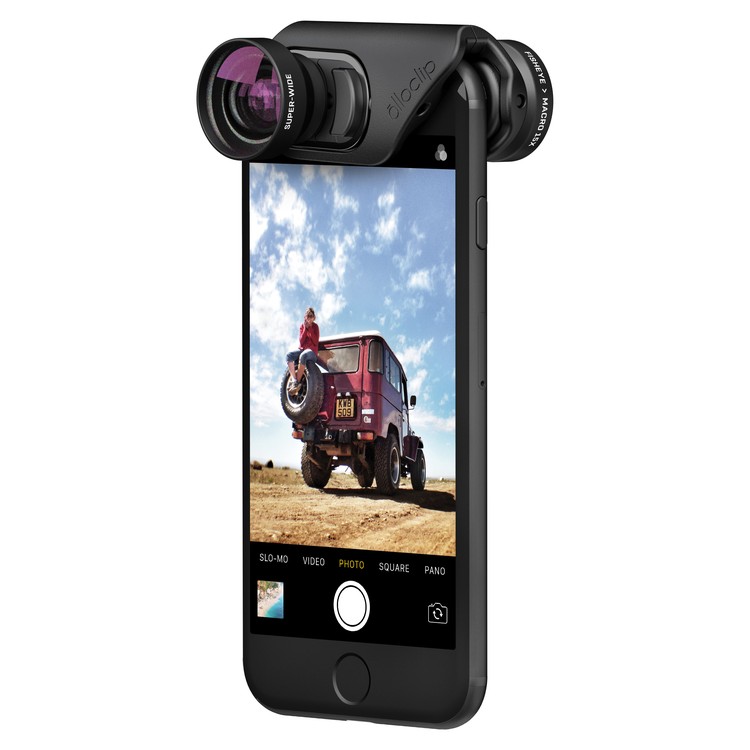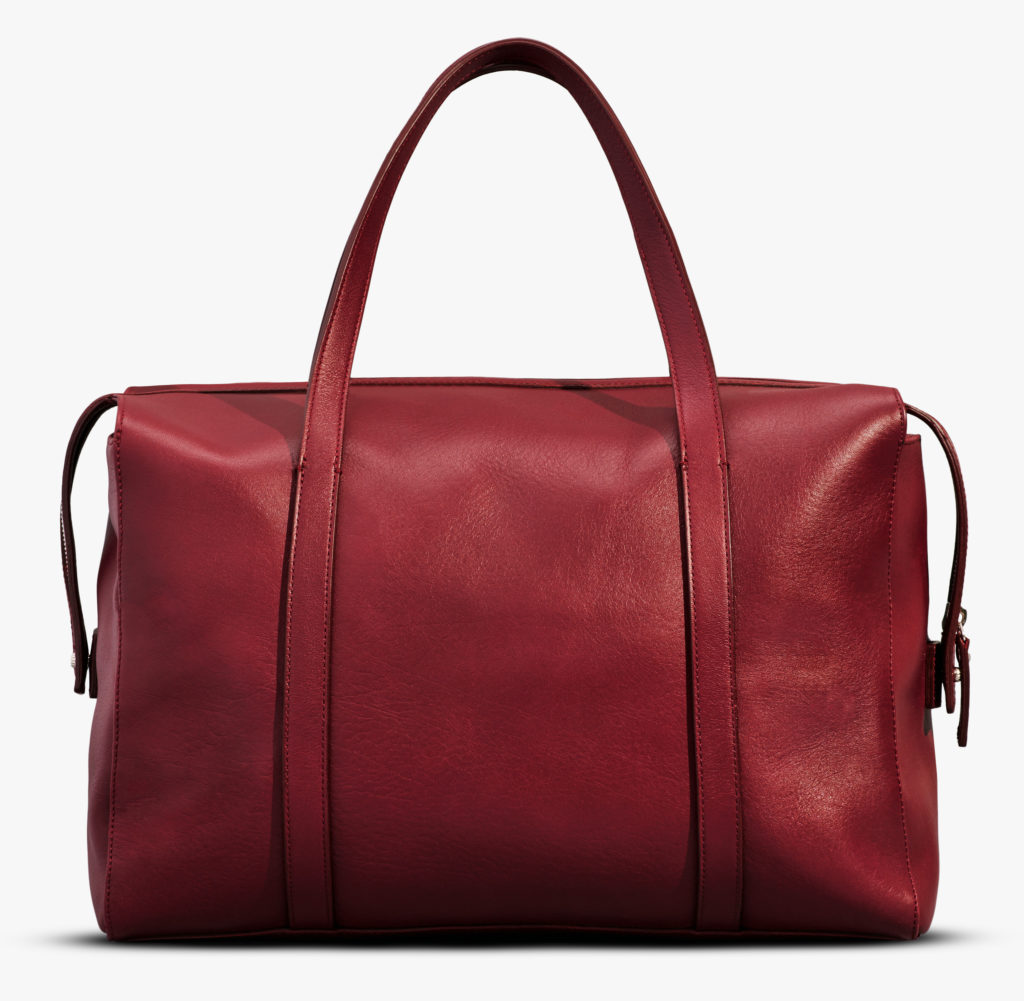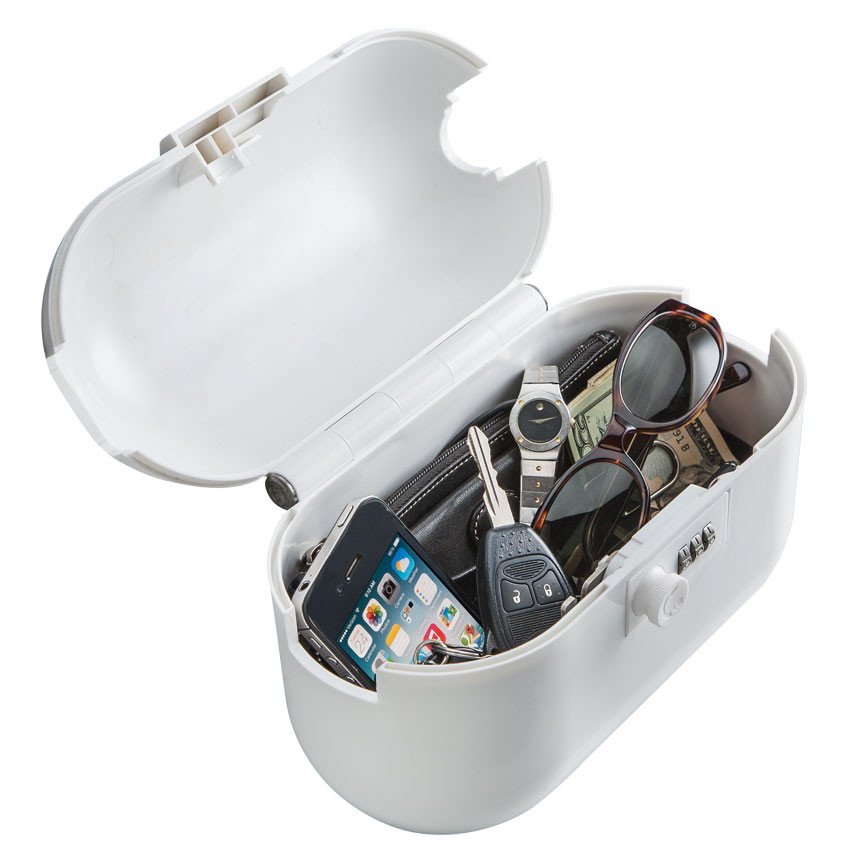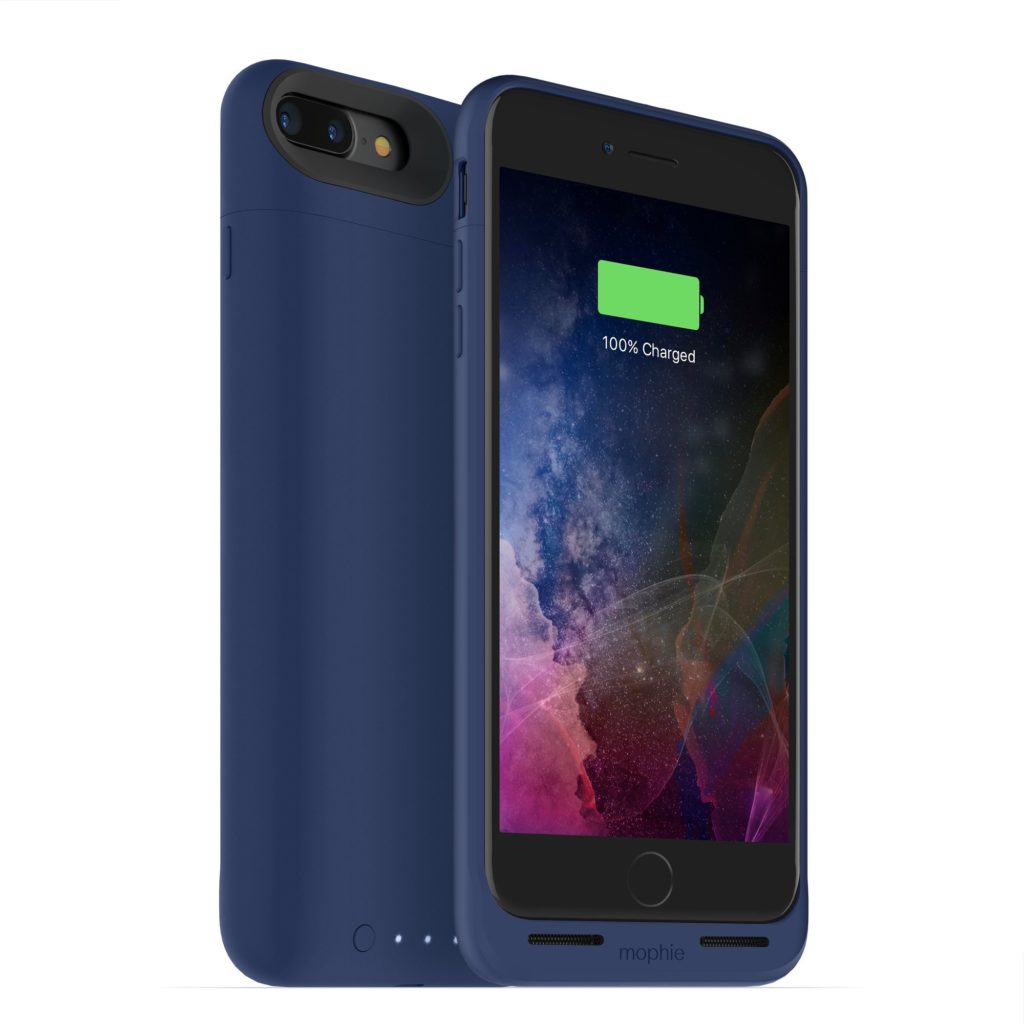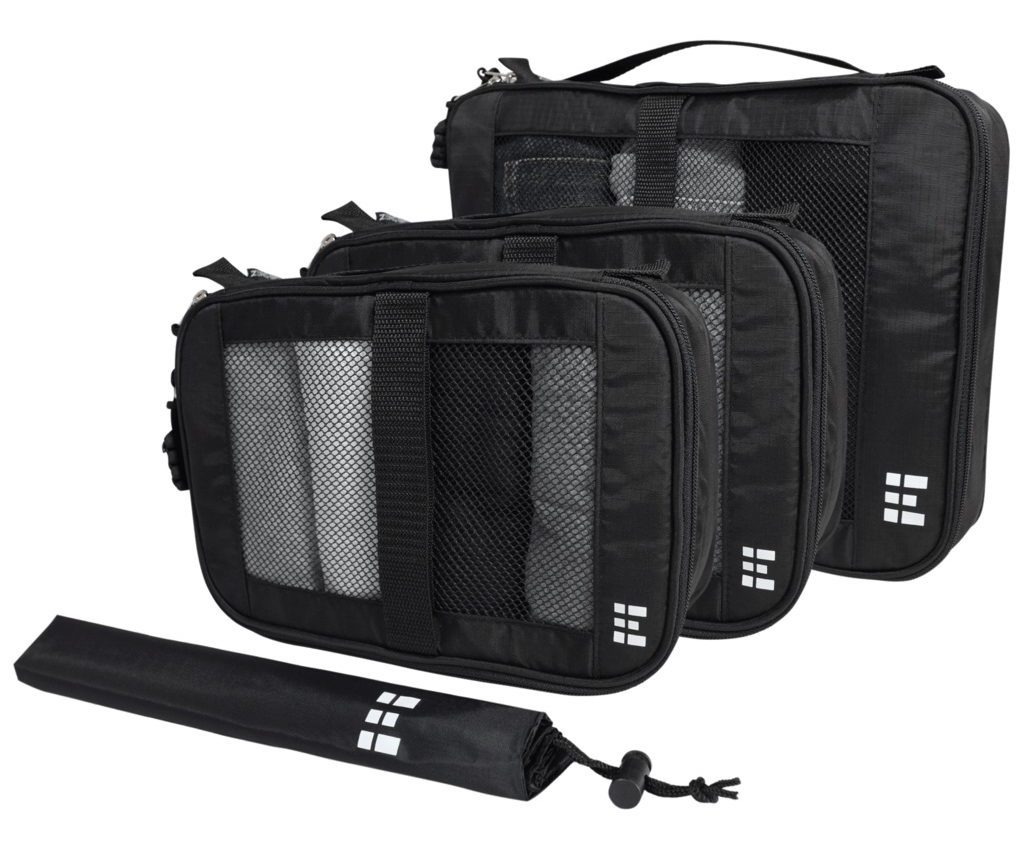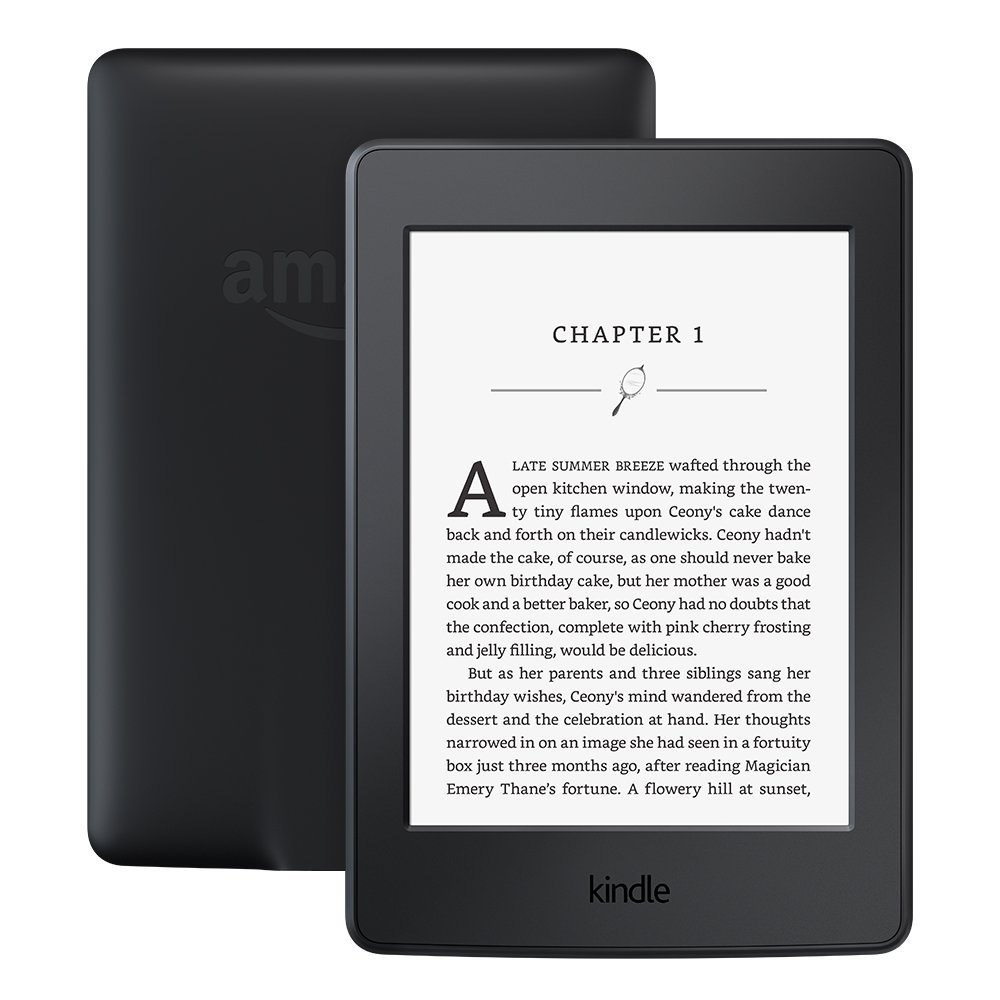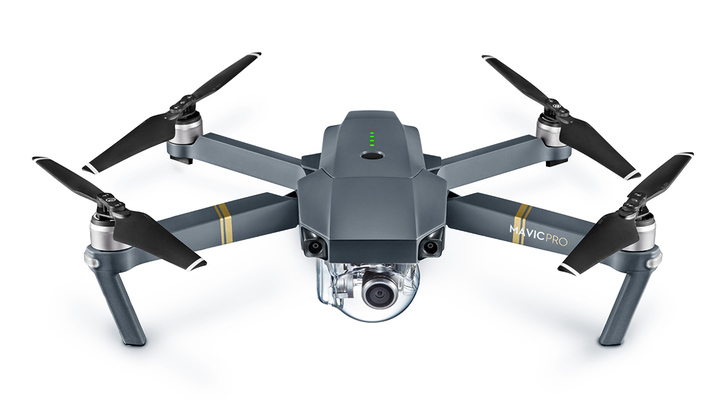Author: admin
Recently, a man was violently removed from an “overbooked” United Airlines flight. This article outlines what your rights in the instance you’re ever voluntarily or involuntarily bumped from a flight departing from the US. (more…)
On Sunday, April 9, passengers in Chicago O’Hare International Airport who boarded United Airlines Express flight 3411 headed to Louisville, Kentucky had quite the ordeal. Videos posted to social media show a man being violently removed from his seat after refusing to give up his seat because the flight was overbooked. (more…)
Check out this time-lapse video of an American Airlines flight from Santa Ana, CA to Phoenix, AZ made by Stocki Exchange CEO, John Stocki!
Related Article: VIDEO Review of American Airlines Admirals Club in PHX airport.
During a non-typical Monday-night trip in March, I headed off to film a new hotel feature segment for my new TV show, Great Escapes, where I visited a city within a city. A residential and resort community located on the shores of Lake Michigan, Bay Harbor is the epitome of Northern Michigan lakeside-side luxury retreat. The development stretches along five miles of shoreline and includes an equestrian, yacht, and golf club as well as being scattered with retail shops, restaurants, private condos and homes, and my destination, the Inn at Bay Harbor. (more…)
Video Review of American Airlines Admirals Club Lounges in Phoenix, AZ
It’s taken me almost 15 years to fly another domestic airline other than Delta. Being from Michigan and flying mainly to east coast destinations, I started flying Northwest Airlines, which was acquired by Delta in 2008. When I moved overseas in 2007, Delta was already was my preferred airline as I had already racked up frequent flyer miles and they were almost a winner in the ticket price battle. With Delta’s announcement in February 2011 that SkyMiles never expire I had already accrued a few hundred thousand miles with most of my travel being long-haul international routes.
I recently booked a last-minute trip to Long Beach, CA and my options flying out my home airport of Traverse City, MI (TVC) were American, Delta, or United. This time American won the price battle and came in around $200 USD less than the competition. My total round-trip flight from TVC – SNA was $571.70 USD. Instead of flying in LAX, I found a much cheaper rate flying into John Wayne Intl. Airport (SNA), which was closer to my hotel too. I didn’t need any other reason to avoid the LAX craziness.
During my return flight, I had a 4-hour layover in Phoenix, AZ (PHX) and I thought that I would see how the American Airlines Admirals Club® (AC) airport lounge compared to the Delta Sky Club®, which I regularly visit during my travels.
Here’s what I experienced while visiting two of the Admirals Club (AC) locations inside PHX airport on Monday, March 20 from 11:30 am – 3:30 pm MST.
POSITIVES
- Warm and friendly greeting from both lounge entrance staff.
- Larger meals available for purchase ranging from $8-13 USD. (See menu below)
- Cleanliness and presentation of snack and drink area.
NEGATIVES
- AC between A19 – A21
- Small lounge and was overcrowded when I entered at 11:30am MST.
- Very slow WiFi speed (~8/mbps ↓ download)
- Soft drinks must come from the bar.
- Both AC Lounges
- No self-service bar. All alcoholic drinks, both complimentary and paid, must come from the staffed bar.
- Complimentary alcohol includes house spirits ONLY, domestic beers from Anheuser-Busch/Miller Coors, and one Chardonnay/Merlot wine from Flat Rock. Additional options available for purchase. Smirnoff $8/Absolut $10/Grey Goose $12, Premium Domestic/Craft Beer $7 and Imports $8, and Specialty Cocktails range from $10-12. (See menu below)
- Food lacked seasoning.
Comparison to Delta Sky Lounge
| Airline | American | Delta |
| Day Pass Cost | $59* | $59** |
| Yearly Membership | $450-550 | $495-745 |
| Global Clubs & Partner Lounges | 90 | 139 |
- Delta offers complimentary premium spirits (e.g. Stoli, Bombay, Bacardi, Jack Daniels, Cutty Sark, Bailey’s), local craft beers, and many have self-service bars.
- Premium Domestic & Import Beers are only $3 and Specialty and Seasonal Cocktails are $8.
- In my personal opinion, the Delta Sky Club offers a larger variety of hot & cold snacks.
- * Free and/or discounted ($29) daily lounge access with one of the Delta SkyMiles Credit Cards
- ** Free lounge access for cardholders and guests with the AAdvantage Executive World Elite Credit Card
While day pass prices for both lounges are the same, their yearly passes range with Delta’s biggest factor increasing the price being the ability to bring additional guests into the lounge and American’s price ranges based on what status you are in their AAdvantage® loyalty program.
According to the American Airlines website, they’re currently renovating many Admirals Club lounges and are launching in the spring of 2017 their new larger Flagship® Lounges for qualifying First and Business Class customers.
CONCLUSION – ★★★☆☆
While the experience wasn’t negative or bad, in comparison to the competition, the AC in PHX falls behind in a few areas. Both Delta & American have the same rate for day passes and are very similar in price vs. benefits for yearly memberships. The Admirals Club in PHX between gate A19 and A21 is small and can easily get overcrowded. Their WiFi speed was also much slower than expected for such a small lounge. When compared to Delta Sky Club that offers a self-serve bar with premium alcohol selections and a larger variety of snacks, the AC in PHX can’t compete.
Would I buy another day pass if traveling through PHX on American? No. The airport offers free WiFi through Boingo Wireless and plenty of restaurants to grab a quick meal. If you’re a cocktail enthusiast and have graduated from drinking house booze, you’re going to be paying the same price at the Admirals Club as you would at an airport bar. Just passing through and considering treating yourself to a day pass to the lounge? Skip it and belly up to one of the airport bars to save some money. If you’re already an Admirals Club member traveling through PHX, make sure you head to the lounge above Gate A7 and 9 and skip the smaller one.
Did you have a different experience or something else to share about airport lounges? Leave a comment below and I promise I will respond!
[Best_Wordpress_Gallery id=”1″ gal_title=”VIDEO REVIEW: American Airlines Admirals Club Lounge in Phoenix, AZ”]
During my travels, I’ve had many amazing hotel experiences and I’ve had some that are a complete disaster. From impossible to connect to WiFi to getting asked to pay for a room upgrade because they didn’t have any more regular rooms available, I’ve heard it all. Watch this video where I reenact some of the things that hotels do that really annoy their guests.
(more…)
Originally published by Condé Nast Traveler, check out this video showing the evolution of 100 Years of Flight Attendant Uniforms.
(more…)
In Michigan, a controversial bill banning local governments from regulating, taxing, and/or banning plastic bags and other single-use or reusable containers passed on Wednesday, December 28, 2016. The bill was signed by Lt. Governor Brian Calley while Governor Rick Snyder was out of state on vacation says MLive.
Senate Bill 853, championed by the Michigan Restaurant Association (MRA), has passed banning local Michigan governments from
“regulating the use, disposition, or sale of, prohibiting or restricting, or imposing any fee, charge, or tax on…auxiliary containers”, defined as “a bag, cup, bottle, or other packaging, whether reusable or single-use…designed for transporting, consuming, or protecting merchandise, food, or beverages from or at a food service or retail facility.”
In claiming a victory, the MRA press release quotes VP of Government Affairs for the MRA, Robert O’Meara as saying,
“With many of our members owning and operating locations across the state, preventing a patchwork approach of additional regulations is imperative to avoid added complexities as it related to day-to-day business operations.”
The below headline from an MLive.com Facebook Post places an emphasis on plastic bags but the totality of the new regulation is quite a bit more complex. While the bill does stop local governments from banning or taxing the use of plastic bags, it also stops them from doing the same to take-away cups from coffee shops, to-go containers from any restaurant, as well as any other reusable or single-use packaging that is made of “cloth, paper, plastic, cardboard, corrugated material, aluminum, glass, post-consumer recycled material, or similar material or substrates, including coated, laminated, or multi-layer substrates.”
Globally, over 20 countries have either charges, taxes, and/or bans on the use of disposable plastic bags, including the United States, where up to 20 states and 132 cities have bans in place or pending. Every year, Americans generate 258 million tons of trash and in 2014 they recycled and composted 89 million tons of Municipal Solid Waste (MSW).
What is the Next Move for the Hospitality Industry?
Restaurants contribute heavily to the usage of disposable and/or one-time-use products, particularly fast-casual establishments. A Washington Post article states,
“The market for fast-casual food…has grown by 550% since 1999…” and “Americans spent more than $21 billion at fast casual restaurants last year…”
While the definition of a fast-casual restaurant is somewhat of a gray area, restaurant chains Chipotle and Panera are widely-used examples of this growing market segment. The same Washington Post article states,
“Fast casual restaurants also, ideally, earn less than 50% of their business from full service sit down meals. Otherwise, they too closely resemble casual dining restaurants, like Applebee’s.”
Using this as a guide, a minimum of 50% of customers at a fast-casual restaurant are likely using a range of single-use/disposable products to consume their food, including cups, cutlery, plates, containers, etc.
Panera has taken steps to be more environmentally friendly, writing in their 2014 Responsibility Report, “…one priority in 2014 was to explore how to integrate polypropylene cutlery, which can be recycled, into our bakery-cafes and catering centers.” As of December 30, 2014, Panera packaging used approximately 40 tons of paperboard and plastic material. Of that material:
- 84 percent is recyclable
- 76 percent used a renewable resource
- 32 percent is recycled material
- 76 percent of the paperboard is from certified sustainable forests.
“In the future, we hope to conduct a packaging assessment to spot more opportunities for increasing the use of recycled materials and reducing the overall environmental footprint of our packaging.”
How Does This Impact Michigan Specifically?
Companies like Bay Area Recycling for Charities (BARC), a non-profit company based in Northern Michigan, provides commercial and residential recycling services, mattress and refrigerator recycling, and compost material for landscaping. They also supply compostable products including plates, bowls, cutlery, cups, napkins, and takeaway boxes to ~150 businesses, restaurants, and events throughout Northern Michigan.
Andy Gale, Founder of BARC, says
“I see this bill as a positive rather than a negative. It will create more awareness about the substitutes to plastics and styrofoam that are better for the environment…Michigan recycling rates are some of the lowest in the country and I’m glad to see that these types of bans are being discussed at a state level.”
According to Gale, the paper products that BARC provides are compostable and made from bagasse – an environmentally friendly wheat or sugarcane fiber. The plasticware which is called PLA, short for polylactide, is made from plant starches and plant oils. These products break down in 180 days and are converted back into the soil within a year. Petroleum based plastics will last in a landfill or compost for approximately 1,000 years.
Gale mentions that the inevitable increase in oil prices will affect the costs of traditional plastic wear, which is largely made from petroleum. As prices rise, people and businesses will be forced to seek alternatives.
“The more people buy products made with post-consumer materials, they’re using their dollars to support businesses like BARC and others that provide these products, which increases demand, helps the market grow, and make the costs lower than petroleum-based products. Eventually, large companies like Gordon Food Service [a national food service supplier] will be forced to move away from petroleum-based products as sustainable, compostable products become more cost-effective,” says Gale.
BARC works with another Michigan-based company, Green Safe Products, who supplies them with their compostable products. Green Safe has partnered with Ford Field (home of the Detroit Lions), The Palace of Auburn Hills (home of the Detroit Pistons), and the University of Michigan to make the switch to compostable-only products in their facilities, who together host millions of visitors each year.
Final thoughts…
The inclusively of the bill allows for future deliberation on how to effectively manage the use of plastic bags and other single-use or reusable containers at a state level. It appears that the ban was not to limit bans indefinitely but to combat issues that could arise from variances in locally implemented regulations for businesses operating across the state.
While the bill does place restrictions on local governments, if organized correctly, new comprehensive state-wide use policies and regulations can and must be designed to protect and preserve our environment and to have minimal impact on businesses responsible for following them.
Following the trend from other countries and states, single-use plastic bags will likely fall into a category of their own and have specific laws, taxes, and/or regulations passed in their regard. As for the remaining products included in Senate Bill 853, the future is unclear.
I believe consumer demand for sustainability will drive companies to focus on their overall environmental impact and seek out services to help them minimize their footprint. I’ve reached out to the MRA for their thoughts on how they see this bill impacting the future of the industry and will update this article if and when I receive a reply.
Contacts:
Andy Gale
Founder, Bay Area Recycling for Charities (BARC)
andy@mybarc.org
Robert O’Meara
VP of Government Affairs, Michigan Restaurant Association
romeara@mramail.org
Read the final Senate Bill 853.
American Airlines and United have finally decided to join Delta in introducing basic economy flights to markets throughout the U.S. Both airlines plan to roll basic economy out to select markets in 2017. This no-frills tier is beneath standard economy and offers cheaper fares at the expense of traditional benefits such as access to overhead bins and pre-assigned seats. While many travelers are likely happy to save a few dollars, many travel writers have knocked airlines for taking away the few amenities that made flying economy class bearable.
More in how travel companies hate their customers: this is @Delta, hate-selling you a seat. pic.twitter.com/uvQJ2rrPC3
— Rafat Ali (@rafat) August 8, 2015
“Delta’s lowest fare seats comes with tons of restrictions, and its ecommerce team thought it would be a great idea to hate-sell it, implying: “Here’s is what you don’t get, you cheap shit!” Passive-aggressive selling at its best. Or worst,” says Rafat Ali of Skift. “This is what happens when you let conversion marketers run amok with customer experience. They made it a science, but forgot being human.”
I beg to differ. While I agree the way in which the restrictions are presented and communicated could use a softer delivery, I’m not sure it reaches the level of “hate-selling”.
My Thoughts on Basic Economy
Image Source
The majority of human to human interaction between airlines and customers was lost long ago. Flying once was, and for wealthy people still can be, a luxury experience. Just look at this three-room suite on an Eithad Airways A380. Insane, right? For others, and the majority of travelers, it’s the pain they’re forced to endure to get from point A to B. Most airlines have even done away with free meals on U.S. domestic flights for economy passengers. As technology has entered the industry (online booking, mobile app check-in, self-serve kiosks, etc.), it has eliminated the majority of human interaction that was once a part of the customer experience. The profession of a desk-bound travel agent has all but disappeared. In fact, Skift reports that “by 2020 the travel industry will have the highest percentage of online payments in relation to all sales than any other industry on Earth.”
Think about it – if I buy my ticket online, check my own bag at a self-serve kiosk or don’t check one at all, and use my mobile app boarding pass to get past security, I can get all the way to the gate without ever interacting with an airline employee. This has nothing to do with whether I’m flying basic economy or business class, the process is the same. The fares only come into play once I’m about to board the plane and I get the service I paid for…or chose not to.
If I want to talk to a real person I’m going to have to pay up. United Airlines has a service charge of $25 for telephone bookings for US & Canada travel, $30 at a City Ticket Office and $50 in person at the airport. American Airlines’ fees are up to $35 for domestic flights and up to $45 for international flights. Delta offers complimentary telephone bookings for almost all flights. There is a fee of up to $35 for tickets issued in select European countries via telephone reservations or a ticket office.
The Market Decides Who Wins
The reality is that it’s all about what the market (aka consumers) is willing to accept and pay for. For many, airline travel is a means to an end, not an experience in and of itself. Travelers don’t get dressed up for the romantic experience of flying the way they did in the late 60’s and 70’s. Nowadays, flying is more like taking a taxi from point A to point B than it is like getting on a cruise ship for a trip.
Image Source
As long as enough consumers continue to value price over historical flight amenities, everyone wins…minus the airlines like Frontier and Spirit who won’t likely appreciate more hands in the cookie jar. But frankly, that’s not the consumer’s problem. If airlines are still making money and consumers have more options while paying less, it’s a win-win.
What about the Restrictions?
As you would imagine, when airlines drop the price they also drop the amenities – some of them anyways. The real question is whether or not the amenities that fall off between Basic Economy and Standard Economy are actually important to consumers. Here are the restrictions Delta and United have in place for their Basic Economy offering. American has yet to provide any information on the specifics of their Basic Economy restrictions.
Delta Basic Economy Restrictions
- Automated seat assignment after check-in or at the gate
- Passengers traveling together, including families, may not be seated together
- Customers will not be eligible for same-day changes or ticket refunds after the Risk Free Cancellation Period, usually ~24 hours from time of booking
- Passengers will board in the last zone and not be eligible for paid or complimentary upgrades or preferred seats, even with Medallion® Status
- Customers will still have access to overhead bins
United Basic Economy Restrictions
- Automated seat assignment after check-in or at the gate
- Passengers traveling together, including families, may not be seated together
- No voluntary ticket changes except as stated in the United 24-hour Flexible Booking Policy
- Passengers will board in the last boarding group unless a MileagePlus Premier member, primary cardmember of a qualifying MileagePlus credit card, or Star Alliance Gold member and will not be eligible for Economy Plus® or premium cabin upgrades
- Full-size carry-on bags are not allowed unless you’re a Premier member, a primary cardmember of a qualifying MileagePlus credit card, or a Star Alliance Gold member
There are only two distinctions between Delta and United – Delta requires all Basic Economy ticket holders to board last while United still takes membership program status benefits into account and Delta still provides Basic Economy ticket holders with access to overhead bins while United does not. In my opinion, the only restriction above that is truly worth consideration is United’s carry-on policy. Otherwise, the restrictions certainly aren’t “make or break” for many travelers looking to save a buck.
At the end of the day, consumers need to ask themselves whether it really matters if they board first or last. After flying hundreds of thousands of miles, I can say that boarding first only has two potential benefits: dibs on overhead compartment space and the ability to knock back a pre-flight cocktail (but only if you’re in first/ business class). Frankly, I can’t understand why there is such an urgency to hurry to a seat just to wait. When overhead storage space fills up, attendants gladly place carry-on elsewhere and the plane isn’t leaving without anyone who is on time with a ticket in their hand. Consumers should pump the brakes a bit and be happy that they’re not really missing anything of value as they save a few bucks on their flights.
Cheap Doesn’t Have To Mean Cheap
Removing fairly inconsequential amenities to offer cheaper seats doesn’t necessarily cheapen the experience. Southwest, the gold standard for low-cost airlines, has made travel fun again, while offering low-cost fares, by injecting personality and humor into the customer experience…as well as pretzel vs. peanut races.
These are things that cost virtually nothing to do, but make the customer experience exponentially better. Following suit, Delta as well as other airlines, have used the monotonous task of reviewing flight safety information with passengers as an opportunity to shake up things a bit by creating humorous videos to relay the information.
This will become even more important as Millennials hit their prime. A 2014 Boston Consulting Group analysis put their buying power at $1.3 Trillion, a number that is steadily rising as they age. Furthermore, a study by Harris Group found that 72 percent of millennials prefer to spend more money on experiences than on material things. This means the ability to turn the mundane into an experience in and of itself will become increasingly important in the coming years. Airbnb has managed to crack the code and is now valued at $30 Billion. Which airline will emerge as the victor in the low-cost space is only something time will tell.
Interested in learning more about why Millennials love Airbnb so much? Click here.
I believe the hospitality industry needs to make 2017 the year of the consumer experience. Look for more on what the future of personalization in hospitality might look like shortly. Between now and then, I would love to get your thoughts and/ or hear about any experiences you’ve had flying basic economy through the major airlines. Please reach out to me at John@StockiExchange.com or send me a message through my website here.
With the holidays upon us, I wanted to put together a gift guide meant for the traveler in your life. I’ve covered items that will appeal to everyone from businessmen flying coast to coast to extreme sports addicts looking for their next thrill.
Airline Lounge Membership
Frequent travelers appreciate the way little perks add up better than most. There is no better way to make those perks a year-round reality than by buying them a lounge membership to their airline of choice. Delta Sky Club, American Admirals Club and the United Club are the most popular and run between $450-$550 annually for a single membership. Learn a bit more about what they include here.
Away Travel Luggage
Direct-to-consumer brand, Away Travel, has changed the luggage game. Top notch features like unbreakable shells, interior compartments, and built-in USB chargers make their products as rugged and convenient as anything on the market. Even the most discerning of travel enthusiasts would love to have one of these!
They have a refer-a-friend program that gives each of us a $20 credit after you make your first purchase. Buy em’ here.
Bose QC35 or Sennheiser PXC 550
Noise-cancelling headphones are a no brainer for the frequent traveler. You can’t go wrong picking up the Bose QC35 or Sennheiser PXC 550. Both options are wireless, offering high-fidelity sound and a stylish look. Your only regret will be that you didn’t pick up a pair for yourself! Buy Bose or Buy Sennheiser.
LugLoc
There are few feelings worse than arriving at your destination only to find out your luggage is lost or delayed. LugLoc is a geo-tracking device meant to ease that discomfort. Just slip the device into your bag and track it anywhere in the world using a downloadable smartphone app. Now if we could only get airlines to be a bit better about causing this problem in the first place. Buy a LugLoc.
Ostrich Pillow
It may look ridiculous, but the Ostrich Pillow is amazingly comfortable. If this look isn’t for you, Ostrich has also created the Ostrich Pillow Light and Ostrich Pillow Mini, two options that look a little more “normal.” Regardless of which option you pick up, I guarantee it will help with the unavoidable sore neck we’ve all had to deal with after sleeping on a plane or train. Buy an Ostrich Pillow.
Olloclip
An Olloclip is the ideal gift for would-be photographers. High-quality lenses, specially designed to fit specific Apple and Samsung devices, make it easy to improve the photos you can squeeze out of your phone or tablet. Wide-angle, macro and telephoto lenses can all be easily slipped into a pocket so that travelers on the go don’t have to worry about lugging around a big DSLR. Buy an Olloclip.
Shinola Detroit Baggage
Shinola brings Detroit-made leather goods to you at an affordable price. Stylish, high-quality work bags that will last a lifetime are truly the gift that keeps on giving. For men, I recommend the Zip Top Messenger. For women, the Zip Satchel. With Shinola, you really can’t go wrong! Buy a Woman’s Bag or Buy a Men’s Bag.
The AquaVault or The Beach Vault
Travel doesn’t always have to be about style and comfort. Sometimes, it’s just about having worry-free fun. That’s where the Aqua Vault and Beach Vault come into play. The Aqua Vault locks onto any beach chair, table or railing and protects your belongings. The Beach Vault easily burrows in the sand underneath your beach towel to provide a safely hidden storage space. Buy an Aqua Vault or Beach Vault.
Mophie Battery Backup
How do you order an Uber with a dead mobile device? You don’t, which is exactly why I turn to Mophie for my battery backup needs. Their battery cases are a great way to ensure your phone always has an extra charge and their Powerstation universal batteries are great for tablets and other USB devices. Buy a Mophie Battery Backup.
ZeroGrid Packing Cubes
Packing tools may not be as glamorous as the Away Travel luggage I mentioned above, but that doesn’t mean they aren’t incredibly useful. Zero Grid’s Packlite Compression Packing Cubes make it easy for even the most unorganized traveler to pack quickly. They’re designed to fit perfectly into standard size luggage, extremely light and come with a lifetime guarantee. Buy Compression Packing Cubes.
Amazon Kindle Paperwhite
Even though the average consumer already has a laptop, tablet and smartphone adding a Kindle Paperwhite to the mix is 100% worth it. Lightweight, glare-free and easy on eye-strain, the Paperwhite is a dedicated eReader with a battery that lasts for weeks. Meaning you can leave it in your bag and pick back up right where you left off. Buy an Amazon Kindle Paperwhite.
Action Camera/ Drone
If the traveler in your life is like me, they want to capitalize on opportunities to document their adventures. When it comes to rugged, action-sports cameras, nothing beats a GoPro. For those who are always looking to take it to the next level, consider the DJI Mavic or Hover Camera Passport drone. The Mavic is ideal for outdoor adventures and the Passport is better for treks in the city. Both are guaranteed not to disappoint. Buy a GoPro, DJI Mavic, or Hover Camera Passport.
If there are any must-have gifts for travelers you feel I should have included on the list, don’t hesitate to reach out. I would love to hear what gadgets and gizmos are getting you through your trips. Email me at John@StockiExchange.com or contact me through my website here.
